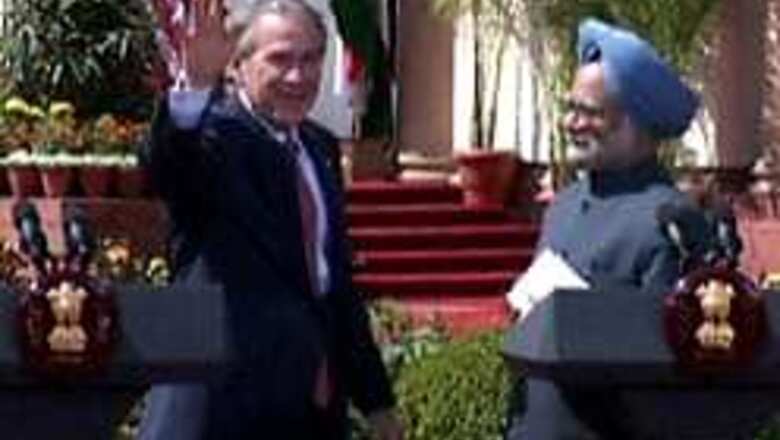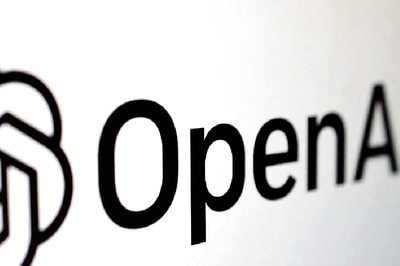
views
New Delhi: India on Wednesday ruled out capping its strategic programme or diluting its stand on Iran but feels the "first and most important hurdle" in the implementation of the nuclear deal with Washington has been removed with last night's crucial voting in a committee of the US Congress.
Notwithstanding the bipartisan support a draft US legislation providing India-specific waivers received in the House International Relations Committee, officials were cautiously optimistic about the last year's July 18 deal between Prime Minister Manmohan Singh and US President George Bush.
"I won't say we are already there. There is still work required to be done. This (House Committee vote) was the first and the most important hurdle. I can't say all hurdles have been crossed," an official said.
He said the most important development in ensuring the success of the July 18 deal was to get the US Administration to fulfil its commitments that includes a Presidential waiver to India to provide for civil nuclear cooperation that would also involve fuel supplies to Indian reactors.
The US Atomic Energy Act of 1954 bars export of nuclear material, equipment and technology to nuclear weapon states other than P-5 nations and countries which have tested atomic devices and has a strategic programme unless they have accepted full scale International Atomic Energy Agency (IAEA) safeguards or signed the Non-Proliferation Treaty (NPT).
The draft US law under discussion gives the President powers to invoke a waiver in the case of India which has already committed itself to separation of civiliation nuclear facilities which will come under fullscale IAEA safegards, unilateral moratorium on nuclear testing and to adopt an additional protocol with the IAEA on safeguards.
This, officials said, the US would be doing despite India possessing reprocessing capability because of the waiver.
The dismissed fears in some quarters about the language used in the amendments, many of which were rejected by the House Committee, could be considered "offensive and intrusive" by India.
But they said these were being made in the context of the situation in the South Asian region and in Iran but would have no impact on Indian's foreign policy postulates.




















Comments
0 comment